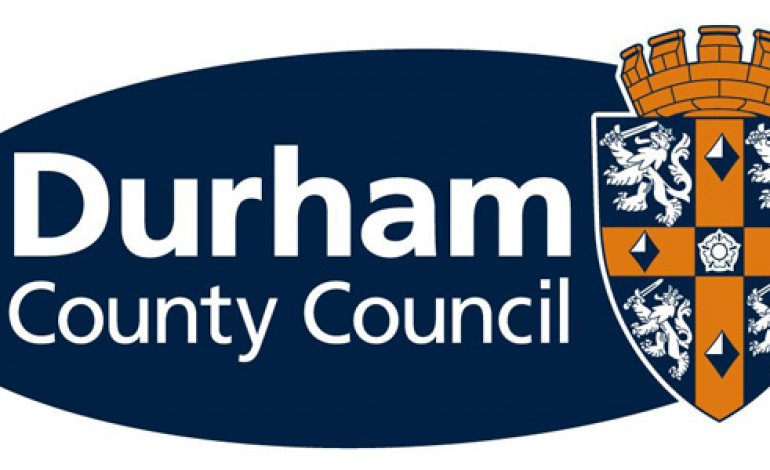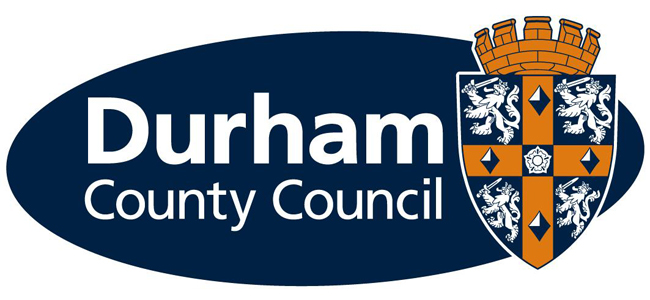Durham Councillors will next week consider how the Government’s latest cutbacks will heap further strain on the local authority.
Durham Council were told to save a whopping £190m between 2011 and 2017 – but has already made savings of £90m in the first two years.
But councillors will hear next (Wednesday 16th Jan) how more changes to the way central Government money is distributed will mean Durham will get a significantly-reduced allocation.
When members of Durham County Council’s Cabinet meet to consider an update on the authority’s Medium Term Financial Plan (MTFP), it will include what impact the latest Government settlement has had on the council’s budget plans.
And they’ll learn what the public say about how the authority is handling the large budget cuts it faces.
While more than £90m has already been saved, with work underway on a wide range of other financial reviews, councillors will be advised that precise planning continues to be difficult in light of uncertainties surrounding funding for education and public health.
And the council has yet to identify savings of nearly £53m which will be necessary between the years 2014 and 2017.
Managing the budget available has meant many difficult decisions have had to be made on what is affordable and some significant changes have had to be introduced to save money while protecting, wherever possible, frontline services.
Throughout this process speaking to residents to understand how they have been affected by reductions or changes to services has been a key element.
Most recently members of the public – via the councils 14 Area Action Partnerships, the Citizens’ Panel and targeted questionnaires – were asked for their views on how they felt the council had managed the spending cuts to date.
More than 1,500 people responded and the results reveal there is a high level of public satisfaction with how the authority has managed a very difficult process so far.
Included in the responses received is the fact that some 40 per cent of people felt that the introduction of Alternate Weekly Collections for refuse and recycling had had a positive impact on them, with only 12 per cent reporting a negative impact. This change alone is already saving the council over £2m a year.
When asked about managing future spending people said they wanted regular consultation on key decisions to continue and to see the council’s management and structure under continued review as well as consistent moves to smarter ways of working.
Cllr Simon Henig, Leader of Durham County Council, said: “We are making extremely tough decisions in very difficult financial times and it is pleasing to see the public response is largely positive to the way we have managed this situation so far.
“The uncertainties around some key budgets mean there may be a need for further financial adjustment when we make our final budget decisions in February but we have promised to continue our discussion with the public so that we fully understand the impact these decisions have on our communities
“I would like to thank everyone who has helped us during this process by taking part in the many consultations that have been necessary and to say that we will continue to listen to their views moving forward.”
While last month’s settlement was broadly what the authority had predicted, due to the uncertainties in some areas of funding nationally it is possible that further revisions will need to be made.
However, Cabinet members will be asked to note the contents of the report and the impact of the local government settlement on the council when they meet at Crook Civic Centre next week.
A further report will be taken to Cabinet next month (February 6) before County Council approve the budget at a meeting on February 20.









